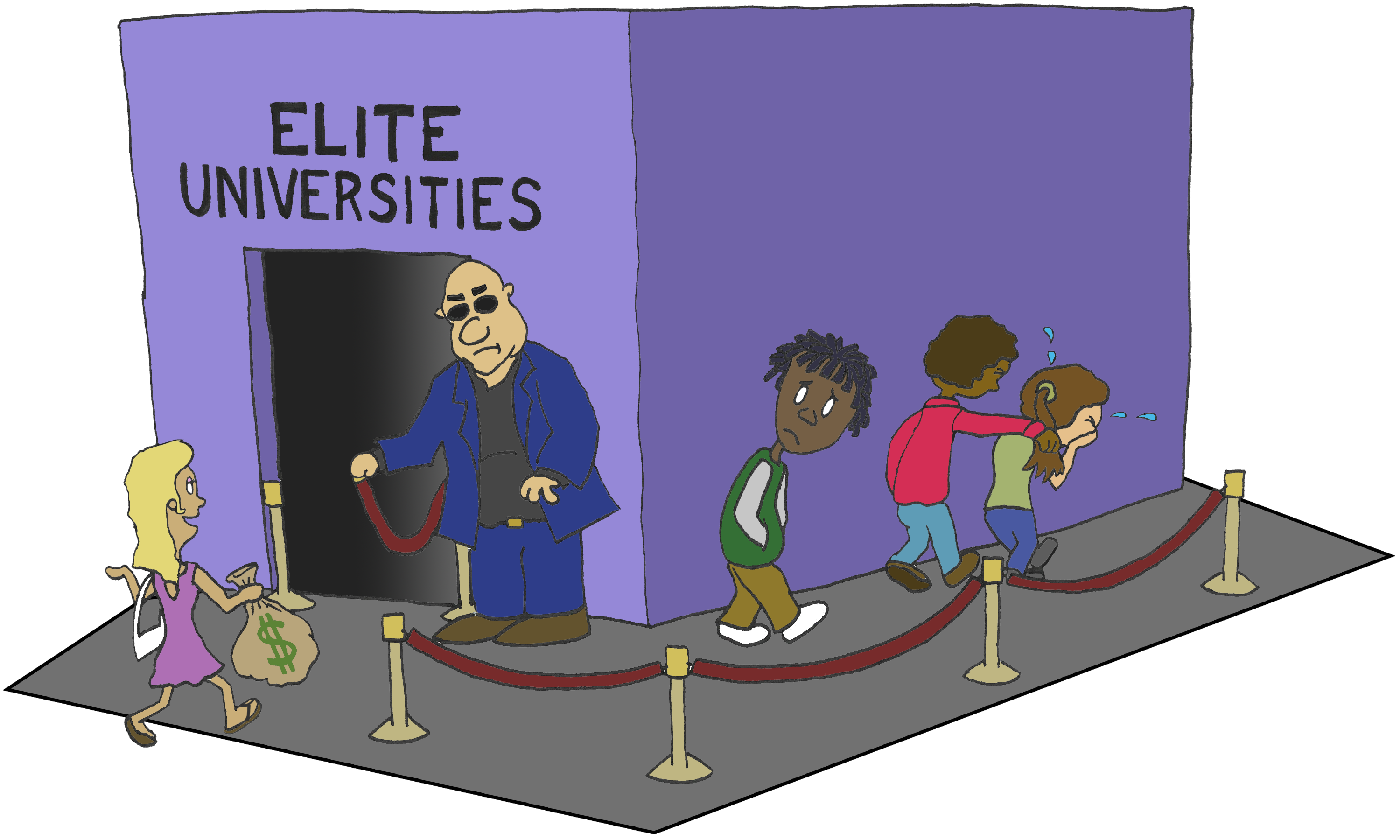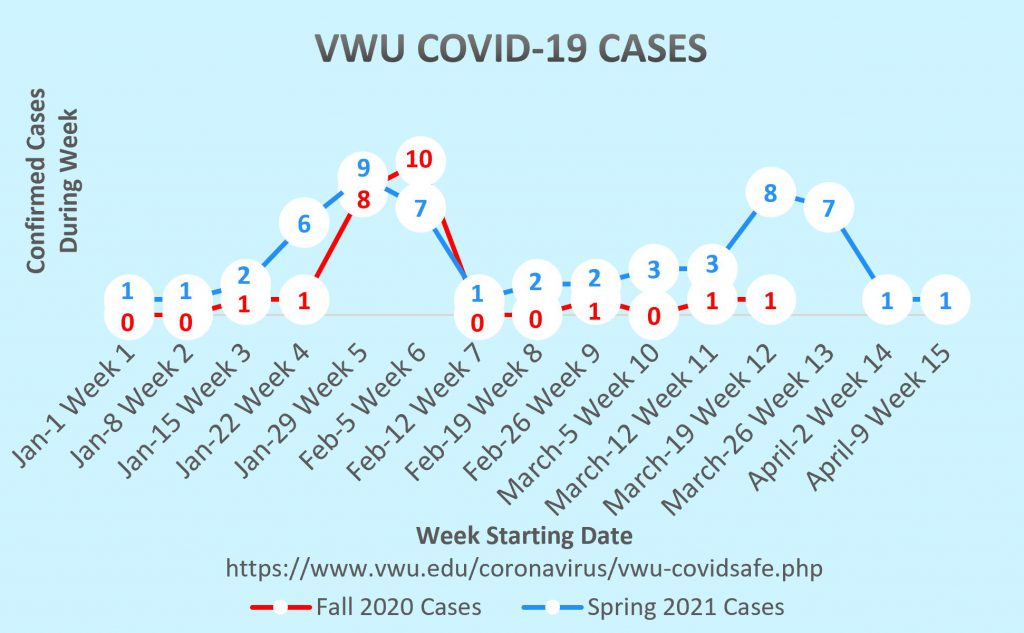Lying, fraud, bribery and cheating the enrollment system were just some of the illegal maneuvers used by parents who tried to get their children into top-rated colleges and universities in a scandal that rocked the collegiate world in March.
Around 50 individuals have been charged with multiple crimes in connection to the scandal. Multiple celebrities have been charged in the scandal including Hollywood stars Felicity Huffman and Lori Loughlin, known for their roles in Desperate Housewives and Full House, respectively.
The crimes include conspiracy to commit racketeering, mail fraud, money laundering, defrauding the United States and more. Eight colleges have been named in the investigation by the U.S. Dept. of Education, including Yale University, Wake Forest University, Stanford University, Georgetown University, the University of San Diego, the University of Texas at Austin, the University of California and the University of Southern California.
There have been no instances of bribery or scandal involving students or parents in the admission process at Virginia Wesleyan, though some students believed it was a possibility.
“It could happen anywhere,” freshman Ryan Mason said.
Despite such beliefs, there is a system in place to prevent this. There are two main ways in which Virginia Wesleyan ensures enrollment is fair. “First, any documents that are sent to us have to come either electronically, which means they are coming directly from the College Board,” Vice President of Enrollment David Waggoner said.
College Board sends out the scores from the two major college prep tests – the ACT and SAT. Colleges use these test scores to not only signal if you are eligible for acceptance into that university, but also to place students in different levels of a certain course.
“If a document comes to us as a paper document, then it has to come directly from the high school in a sealed envelope. That’s the way we make sure the documents we see are official,” Waggoner said.
The enrollment process deals with test scores, transcripts, the application itself and often involves a financial element.
Virginia Wesleyan, along with many other private universities in Virginia, does not charge an application fee, which makes the application more accessible and further reduces the opportunity for fraud.
“We make the application process as straightforward as we can because we want to make it easy for people to apply. Like for most schools our application is online,” Waggoner said.
Communication is key during the process.
“I think that one of our challenges is that our office has to communicate clearly with students. That is one way that we can improve the process,” Waggoner said. There are many challenges that the enrollment office faces with regard to communicating with students.
“One of the things that is frustrating for me and probably other people like me at colleges and universities is that the guidance counselors are really busy,” said Waggoner.
So what did the parents do to get their children into desired colleges? The entire scandal all began with William Rick Singer, a CEO of college admissions prep company called ‘The Key.’ Allegedly the company was helping wealthy students cheat on SATs and ACTs.
United States attorney Andrew Lelling described what Singer was doing to get these students into top schools: “One was to cheat on the SAT or ACT, and the other was to use his connections with Division I coaches and use bribes to get these parents’ kids into school with fake athletic credentials.” s
With the college admissions scandal looming large over the United States there are lawmakers over the country trying to prevent this from happening again.
California is already proposing legislation to prevent fraud in colleges. One of the bills would prohibit all colleges and university from prioritizing applications of children of alumni. However, state schools say that they do not prioritize the kids of alumni, making such legislation useless. Admissions fraud is more of a problem in state schools with a low acceptance rate compared to other schools.
Based on the National Center of Education Systems, the percent of admission for undergraduates for fall 2017 at Wesleyan was 70 percent. The University of Virginia, a nearby school, had an acceptance rate of 27 percent for the same year. Considered one of the most prestigious schools in the world, Harvard University had a five percent acceptance rate. Acceptance rates are different than enrollment rates.
Nicholas Mundy
namundy@vwu.edu


